Economy
Nigerians may pay more for cooking gas —-as DPR advocates for market forces as determinant of prices

According to him, the levers include availability, accessibility, affordability, and acceptability, as well as deliverability.
He noted that these were critical to utilising Nigeria’s proven gas reserves of 203 trillion cubic feet, TCF, for national development.
“Whereas references have been made to the other elements in this discussion, right pricing of gas is requiring particular attention to ensure security of gas supply and security of credible gas demand.
“This is because upstream gas producers must be assured that they will receive fair and equitable returns for their investments whereas, the price must be such that the end-users are able to pay for gas offtake in a reliable and consistent manner.
“Accordingly, the most robust and sustainable pricing mechanism is that which ‘let the market speak’ in a way that all costs are reflective of prevailing market conditions and for which the economic dynamics of demand and supply are allowed to interplay in an open, transparent, and free market environment.
“Thus, our drive as a nation should be early attainment to the ‘willing buyer; willing seller’ market status.
“Any transitional pricing arrangements, today, must be structured to quickly give way for market-led pricing regime and conditions,” he said.
Auwalu commended President Muhammadu Buhari and the Minister of State for Petroleum Resources, Chief Timipre Sylva, for their outstanding leadership in deepening gas utilisation in Nigeria.
He noted that these efforts had culminated in the establishment of the National Gas Expansion Programme, National Gas Transportation Network Code and the National Gas Flare Commercialisation Programme.
Others, he noted, include the ongoing construction of the ELPS-II, OB3 and AKK pipelines as critical backbone gas infrastructure required to improve gas deliverability and availability.
He added that government was also working toward the expeditious passage of the Petroleum Industry Bill (PIB) which would enhance clarity in legislative, regulatory, fiscal, and administrative frameworks in the industry.
“This bill, when passed into law, will eliminate the uncertainties and bottlenecks associated with gas development in Nigeria and accelerate the growth of the Nigerian gas market to a fully developed and matured status.
“Specifically, on gas matters, the PIB provides for the following: promotion of dedicated gas exploration and development, gas terms, fiscal separation of gas as a commodity.
“It will also enhance the domestic gas delivery obligation, tariffing structure & methodology, open access regimes and revised gas pricing framework, to mention but a few,” Auwalu said.
He added that the DPR would continue to be an enabler and an opportunity provider in the oil and gas industry.
“Our focus remains the effective implementation of all policies and strategic programmes of government in an efficient manner that optimises the value of our petroleum resources for all stakeholders, all in overriding national interest,” he said.
Business
National Single Window goes live in March, 2026
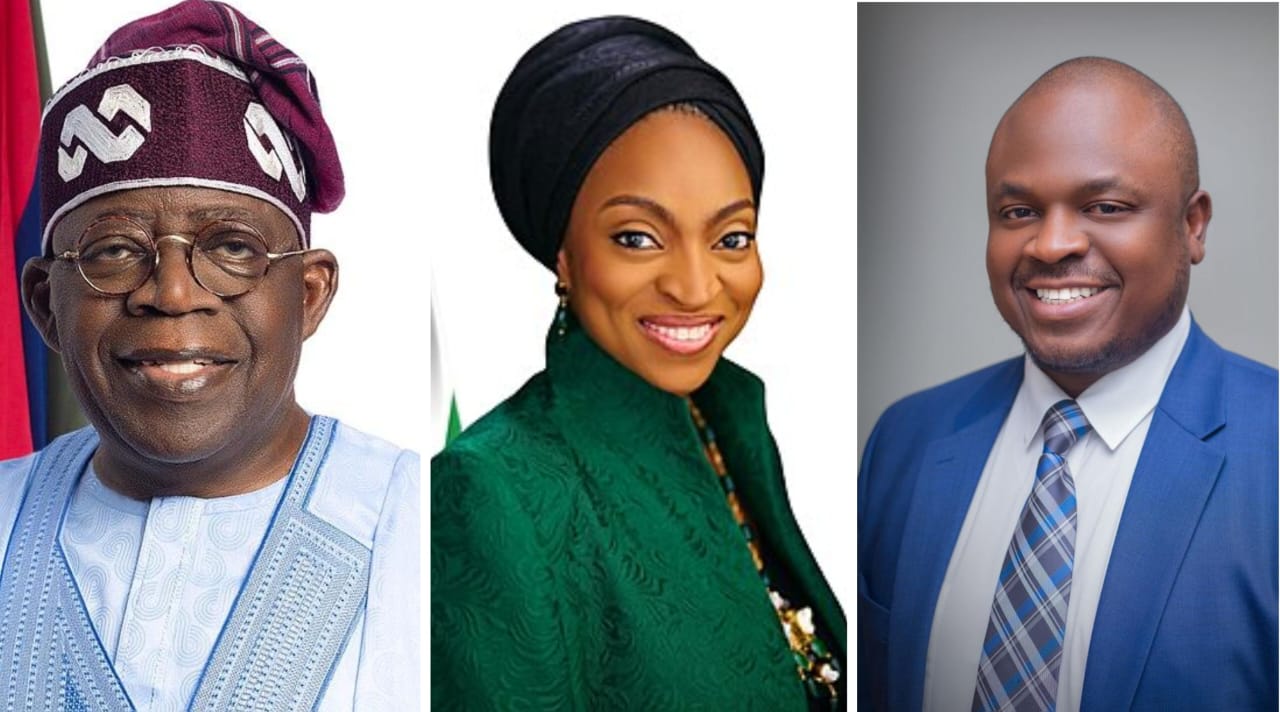
Economy
We haven’t stopped Customs, FIRS, NUPRC, others from deducting cost of revenue collection at source – FG
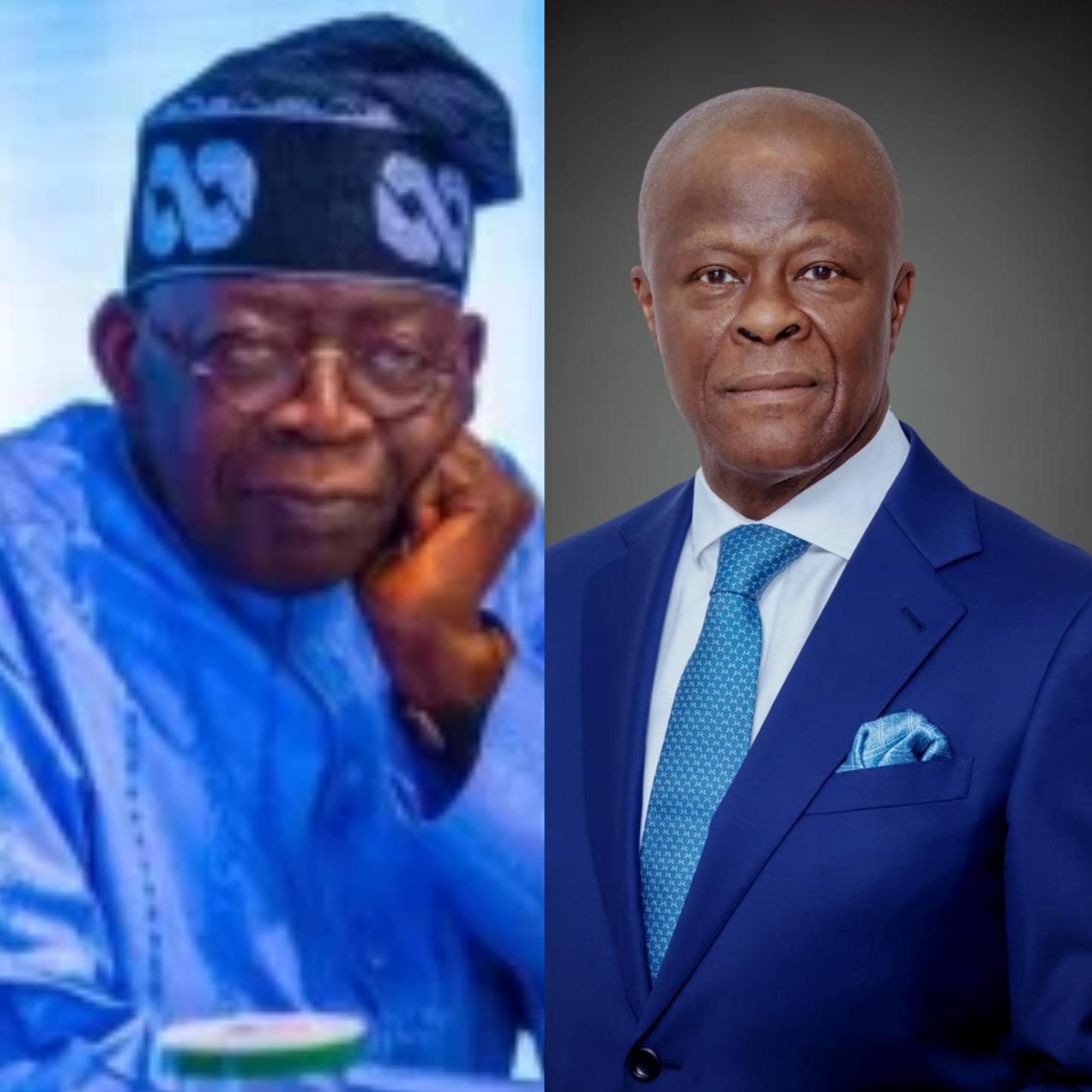
Economy
Le Look Nigeria marks 40 years of ingenious local fabric branded bags on October 1st

-

 Headlines3 months ago
Headlines3 months agoEx-NIWA boss, Oyebamiji, emerges most media-friendly CEO in maritime industry
-

 Headlines4 days ago
Headlines4 days agoFIFA sends Nigeria’s Super Eagles to 2026 World Cup, awards boardroom scoreline of 3 goals to nil against DR Congo
-
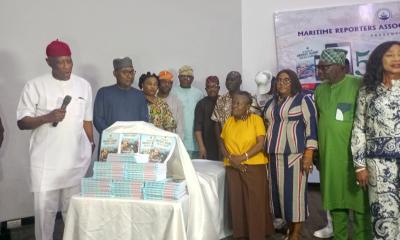
 Headlines3 months ago
Headlines3 months agoMARAN pulls industry’s stakeholders to unveil its iconic book on Maritime industry.
-
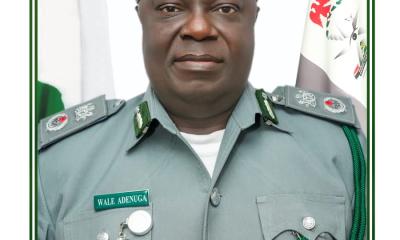
 Customs3 months ago
Customs3 months agoHow Comptroller Adenuga is raising revenue profile of Seme command, facilitating regional trade.
-
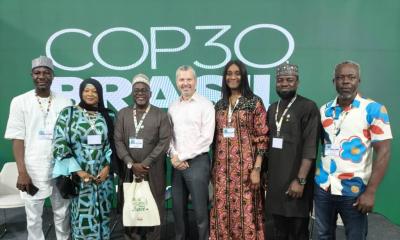
 Headlines3 months ago
Headlines3 months agoNigeria showcases readiness for compliance with IMO decarbonization policy at Brazil conference
-
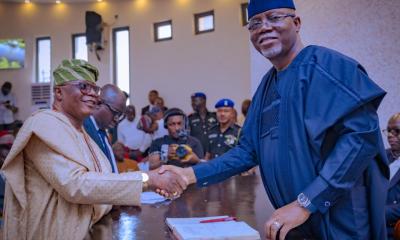
 Headlines3 months ago
Headlines3 months agoOndo govt inaugurates former NIMASA Director, Olu Aladenusi, as Special Aide on Marine and Blue Economy

